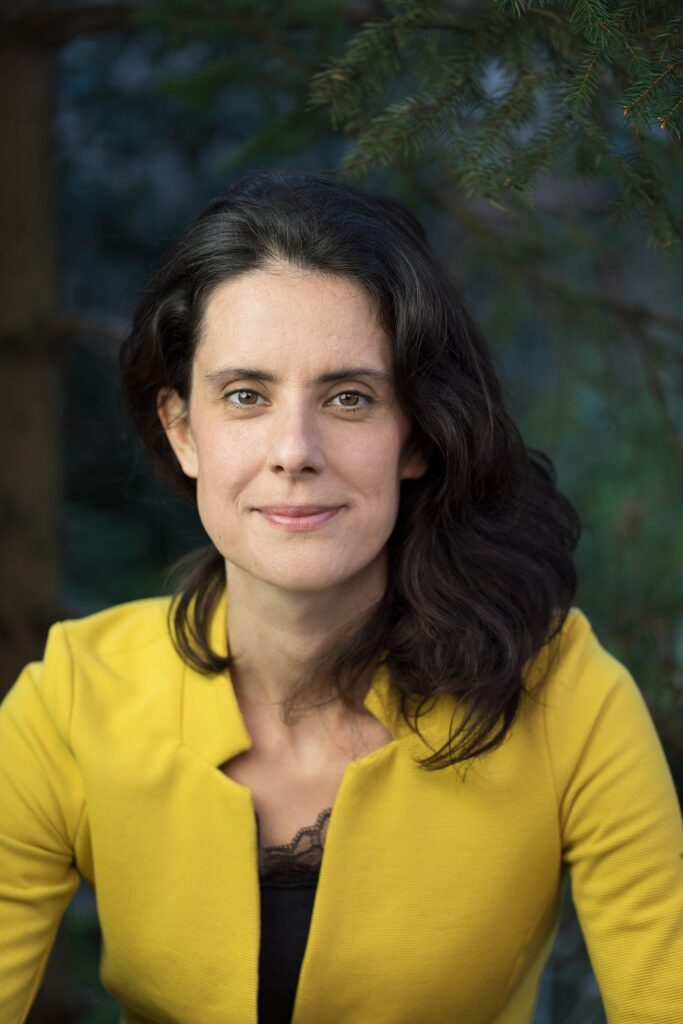Science is the systematic and objective study of the world: done according to a fixed plan, evidence-based, unbiased, and not dependent on cognitive biases. Thus, science should be credible by its definition. Yet, evidence shows that it is often not so. Across scientific fields studies are not replicable nor reproducible, published literature suffers from different biases including pre-publication bias (e.g. p-hacking) and publication bias. Response to this ‘crisis’ has been a slow but inevitable change to the new era of how we do science: in an open and transparent way. In this talk, I will briefly overview the issues with the current research and reward system, and the challenges and benefits of transitioning to a new, open and more reliable system. I will further provide some tips on how to become a pioneer in a new era of science and what benefits you can get from open science. These range from the use of open data, application of integrative methods of evidence synthesis, registration of studies, and open software. While the examples in this lecture are mainly related to the field of Ecology, most of the principles are applicable to other areas of science.

Antica Čulina, PhD, is a senior research associate at Laboratory for Informatics and Environmental Modelling, Division for Marine and Environmental Research, at Ruđer Bošković Institute. Anticas expertise covers evidence synthesis, data and code standards, evolutionary ecology of bonding, and life-history trade offs. She is one of the pioneers in studying and promoting Open Science practices in ecological and evolutionary research. Much of her current work is dedicated to meta-research, an emerging multidisciplinary field that aims to detect and solve issues in the research ecosystem. Via meta-research and Open Science, she strives to help ecology to solve issues currently present in the research and publishing systems, increase diversity of researchers, and thus improve the scope, reach, and value of research. Antica is a senior researcher at the Ruder Boskovic Institute, and a Honorary fellow at the Netherlands Institute of Ecology. She is a co-founder and executive committee member of SPI-Birds (www.spibirds.org) and SORTEE (https://www.sortee.org/). She is also on the advisory board of the FAIRsFAIR project (https://www.fairsfair.eu/advisory-board/egfc) and Open Knowledge maps (https://openknowledgemaps.org/team), and a member of UNESCO Open Science Initative.